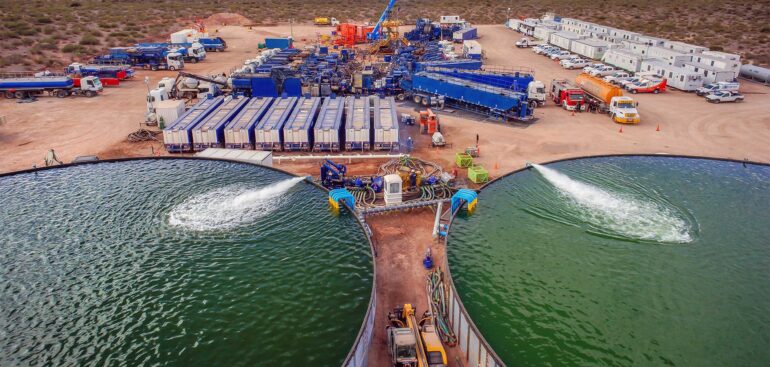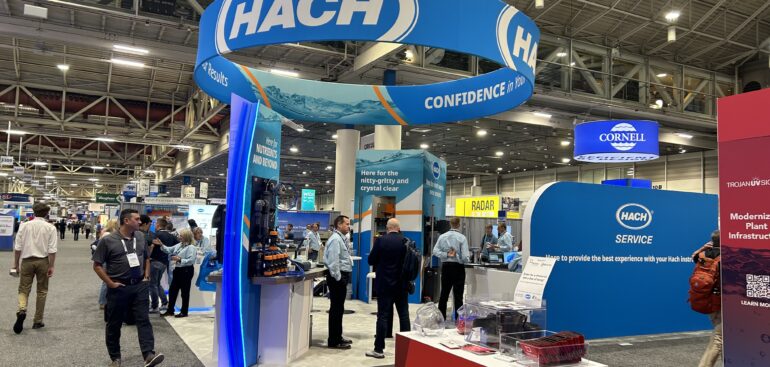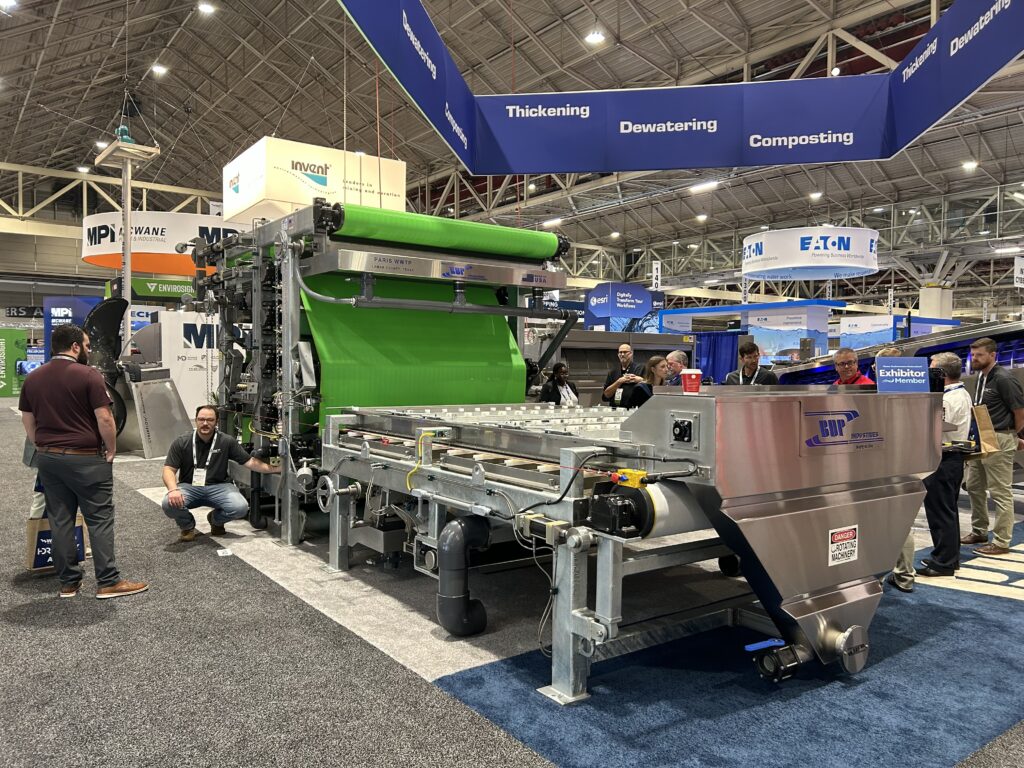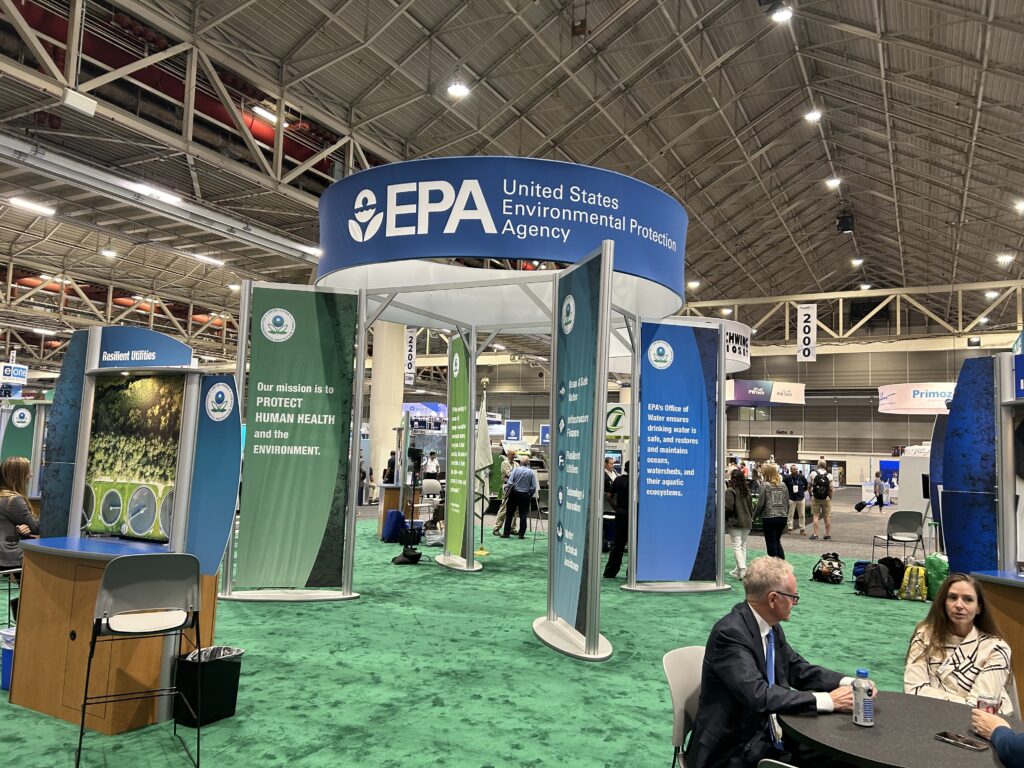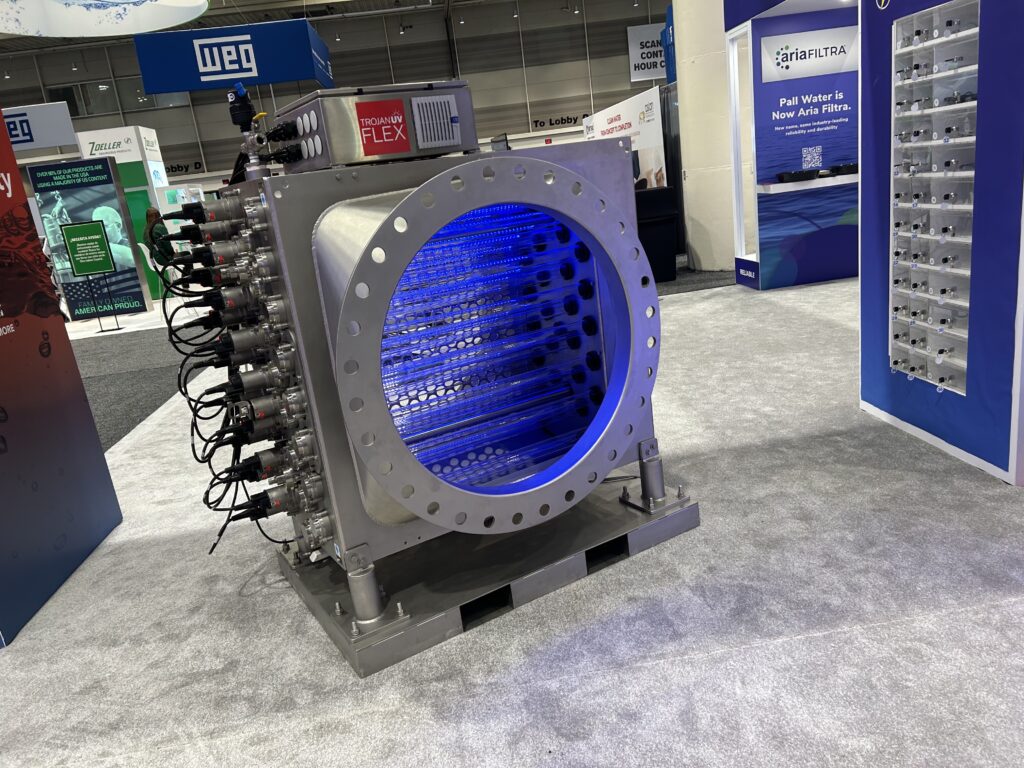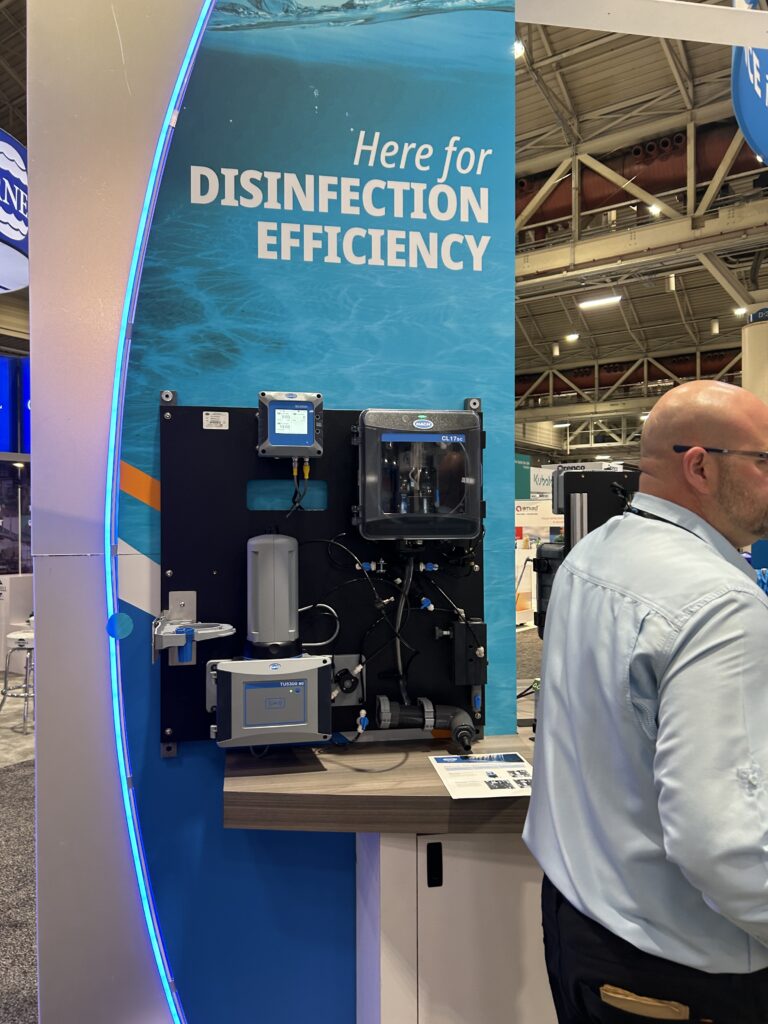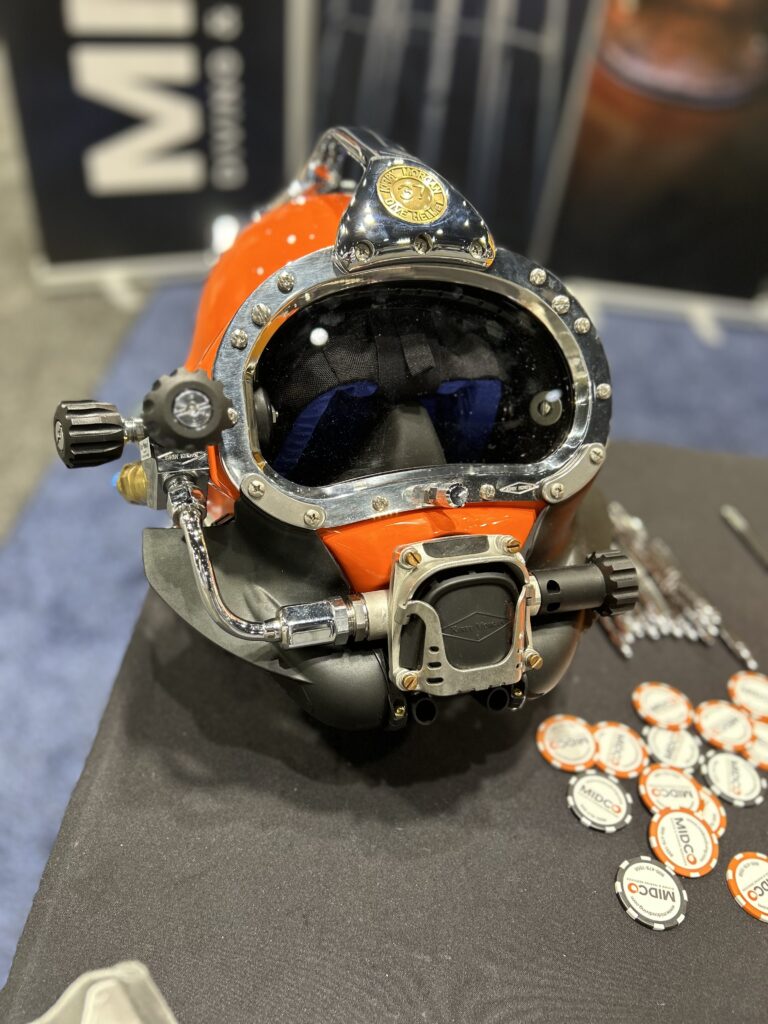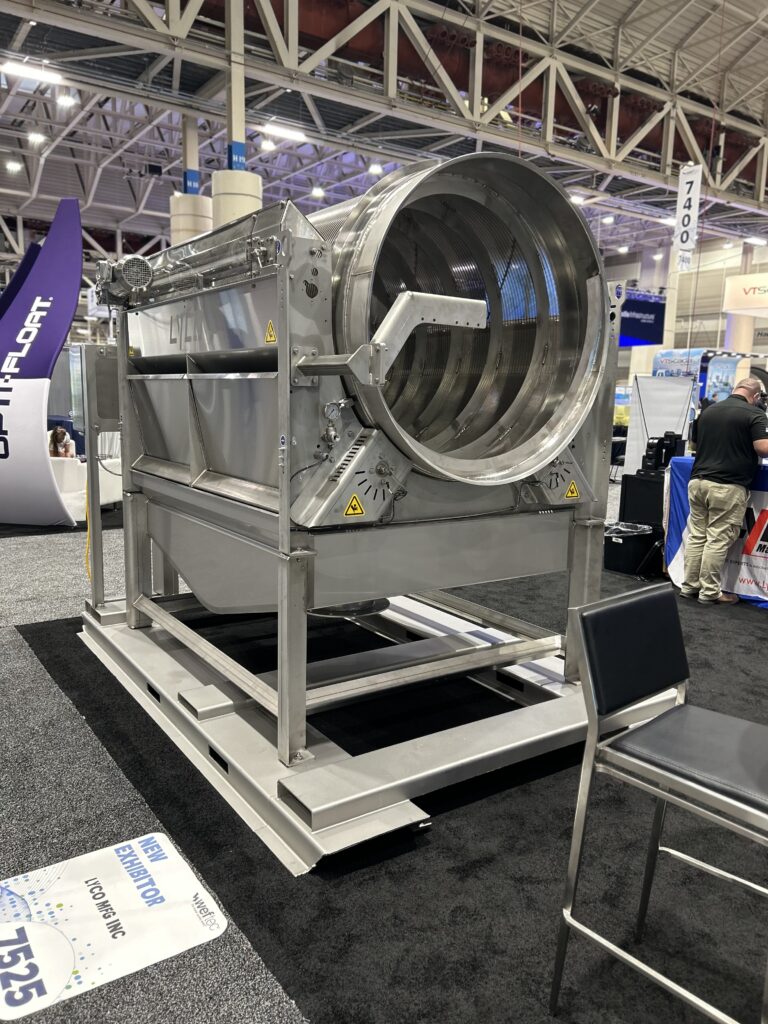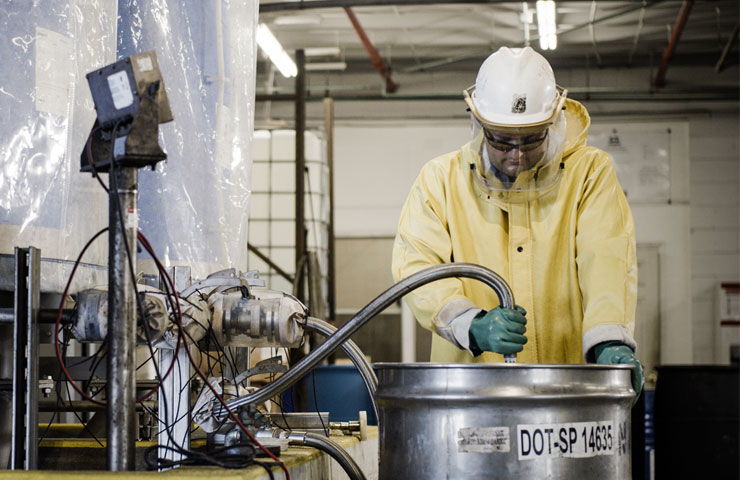Looking for your next career move? 🔍 👀 Team Brainerd is on the hunt for new talent to join our teams in Illinois, North Carolina and Delaware. We have 7 facilities located across Oklahoma, North Carolina, Illinois, Mississippi, and Delaware.
At Brainerd, we’re proud to lead change within the chemical industry — driving innovation, setting the highest standards and providing sustainable solutions. Get started on a better tomorrow and ➡️ apply today!
About Brainerd Chemical Company
Brainerd Chemical Company is one of the largest independent suppliers of chemicals and related services in the continental United States specializing in manufacturing, blending, packaging, and distributing chemical products across a diverse range of industrial sectors.
At Brainerd Chemical Company, we are dedicated to fostering the growth and success of our employees by providing exceptional opportunities for career advancement, competitive salaries, and superior benefits. Our workforce is built on strong values, outstanding service, and a passion for responsible practices at every level.
We ensure safety and compliance in all our chemical production processes, staying true to our pledge to prioritize employee well-being. Brainerd Chemical Company is defined by its high ethical standards, exceptional service, and commitment to sustainability across every department.
Recognized again in 2024 as a ‘Top Place to Work,’ Brainerd Chemical Company embodies a culture of continuous improvement, creative problem-solving, excellent customer service, and mutual respect among team members. Every employee is treated with dignity, fostering an environment of inclusivity and growth.
We offer competitive pay and industry-leading benefits, including comprehensive healthcare coverage (medical, dental, and vision), company-paid short-term and long-term disability insurance, life insurance, wellness program. Additional perks include a wellness program, a 401(k)-retirement plan with matching contributions, paid time off (PTO), and an employee education assistance program.
Brainerd Chemical Company is proud to be a workplace where excellence, safety, and opportunity merge.
Media Inquiries:
Brainerd Chemical Company: 1+ (918) 622-1214
SOURCE: Brainerd Chemical Company.



